Trigger warning: pregnancy loss, mental health challenges
After giving birth, a woman is changed, and comes up against immense challenges – physically, mentally, and emotionally. Many of these challenges – in addition to the lack of support that came with the popularization of the “nuclear family”, and the remaining taboo surrounding mental health disorders – can contribute to the development of post-partum depression and anxiety.
Nearly 1 in 5 women develop post-partum depression, and another 1 in 10 develop post-partum anxiety (although some recent studies suggest these statistics are reversed). Further, many women develop both at once.
Now, imagine you’ve recently given birth to a healthy baby. Everyone in your life expects you to be overjoyed – it’s an idyllic situation after all. Except, you don’t feel overjoyed, you feel overwhelmed. You’re having thoughts that are uncomfortable, and feelings you don’t know what to do with. As a result, you have a crushing sense of failure, and you feel you can’t tell a soul.
If so many women are coming up against these challenges, why aren’t we talking about it more?
I think we, as a culture, need to a do a better job at welcoming the stories of those who are struggling – even, and especially, if the individual affected may try to rationalize away their struggles. Many mothers in Western societies feel they don’t have the “right” to be anxious or depressed – I know I did. They have a healthy baby, a gift not everyone is blessed with; they live in a safe place; have access to plenty of food and clean water; and may even be surrounded by loving family members who want to be as supportive as possible.
But, none of those things stops post-partum depression and anxiety from developing. So, I’m joining the conversation today, and sharing my experience with Post-Partum Depression and Anxiety, in hopes that it becomes easy for other women to open up and get the help and support they need in the future.
My First Experience with PPD and PPA
The first two months after my daughter was born, I was on a high. I’d had a natural birth, at home, and I felt like superwoman – like I could conquer anything. My daughter was colicky, and I was working hard to uncover all her food intolerances (she was reacting to my breast milk). Nevertheless, given my career as a Nutritionist, I felt like I was the perfect Mama to help my little one have the best start in life, despite her health-hiccups.
As a self-employed person, I had no maternity leave allowance, and I returned to work part-time one week after my little one was born. I was back at full-time responsibilities by one-month post-partum. Still, I felt I could do it all. I was thankful for the flexibility that my work allowed me. I could work from home sometimes, wear my little one in a baby carrier while I did inventory, or find a quiet room to nurse her in when needed. I thought I could be a great mama, and a run a business – with no problems – and for a while, I did.
Somewhere around the third month post-partum, well after I was discharged from midwifery care, I became more irritable. I felt resentful of those around me who weren’t “doing it all”. And, although I was contributing to my business, employees, clients and community in a meaningful way – all while balancing the duties of a wife, and maintaining my role as the primary caregiver for an exclusively breast-fed infant with a significant number of food allergies (meaning I was on an elimination diet) – I felt worthless.
The situation got worse and worse, and I went from feeling depressed to feeling more anxious. I would hear a news story about a terrible event that happened somewhere around the world, and would immediately wonder if I had been selfish in bringing my daughter into such a harsh world. I questioned if this earth was truly the place for us… and that scared me. Yet, I almost never spoke about my thoughts or feelings, and I never sought out the advice of a doctor.
When my daughter was about 9 months old, and I’d been in an anxious and depressed state for at least 6 months, the feelings began to subside. I was able to think more clearly, started sleeping better, and my mind was quieter. I stopped hearing “what if she suffocates or stops breathing while sleeping”, “should we really drive there, what if we’re in a car accident”, “what if I slip in the shower while I’m alone with her, who will help her”, on repeat in my mind.
At this point, even as a health professional who had supported other mothers through Post-Partum Depression and Anxiety, I didn’t fully recognize that it had happened to me.
It wasn’t until a few years later that I recognized Post-Partum Depression and Anxiety had affected me, or the severity of the situation.
My Second Experience with PPD and PPA
In the summer of 2016, I had a miscarriage approximately 3.5 months in to an unusual and unconfirmed pregnancy. I’ve written more about that here. I’d had my “menstrual period” on time, each month – until I miscarried unexpectedly.
After miscarrying, I was in significant denial that what occurred was a miscarriage, even though I had personally believed I was pregnant despite all the evidence to the contrary.
Then before I knew it, the calendar was coming up to fall and I was feeling anxious, not sleeping well, having mood swings and fits of anger. One day in particular, something small set off my anxiety, and I was all out shouting at my poor husband. I even slammed our car door when I got out of the car. My blood pressure felt so high, I began to worry about having a stroke.
After I calmed down that day, this is when it hit me… I was experiencing Post-Partum Depression and Anxiety… and I’d felt it before.
The pieces of the puzzle suddenly fit together.
I understood why I wasn’t acting like myself.
I accepted that I had, in fact, had a miscarriage – and now I was facing Post-Partum Depression and Anxiety on the same timeline I had after my first birth.
Who’s At Risk
In hindsight, I should have spent just a little more time evaluating my own risk for Post-Partum Depression and Anxiety. I check a lot of the boxes:
- Previous history of anxiety or depression
- High stress lifestyle, with many responsibilities
- Colicky newborn
- Sleep deprivation
I think it’s valuable for women to evaluate their risk before giving birth. I certainly wish I had. Because, once you’re experiencing Post-Partum Depression and Anxiety, it’s next to impossible to think clearly about the situation.
Why Don’t Mothers Speak Up?
I can only speak for myself here… but there were a few reasons I didn’t say anything or ask for help.
Firstly, I didn’t know anything was wrong. Yes, I felt horrible. Yes, I had thoughts that scared me. But, it’s fascinating how quickly we adapt as humans. I truly believed that what I was experiencing was normal and that anyone else in my position would have had the same thoughts and feelings I did.
Secondly, I felt ungrateful. I had this beautiful child, all the necessities of life, and a wonderful family surrounding me. I felt ashamed to admit that I didn’t love every moment of early motherhood.
Lastly, in the few moments I did consider sharing my feelings and asking for help – I was afraid. I was scared that someone would deem me unfit to care for my own child. My ultimate fear was being separated from my daughter.
What Should We Do?
I’ve learned from my experiences, and I think there are a few key things that we can each do individually to make accessing care easier and more likely:
- Discuss your risk of Post-Partum Depression and Anxiety before you give birth.
- Learn about the signs and symptoms of Post-Partum Depression and Anxiety.
- Have a trusted loved one check-in with you regularly, and specifically ask you what symptoms of PPD or PPA you may be experiencing.
- Know that it’s okay to have PPD or PPA (or both!), and that there is support available!
- Be aware mental health resources in your community – like counsellors.
These days, with social media use being as prevalent as it is, the feelings of inadequacy many mothers feel is amplified by regularly seeing just the highlight reel of others’ lives. I’m hoping that by sharing my story of struggle, others will feel more comfortable letting their “behind the scenes” stories out too.
The old adage is true. It takes a village to raise a child. So, find your village… because you don’t have to handle Post-Partum Depression or Anxiety alone.


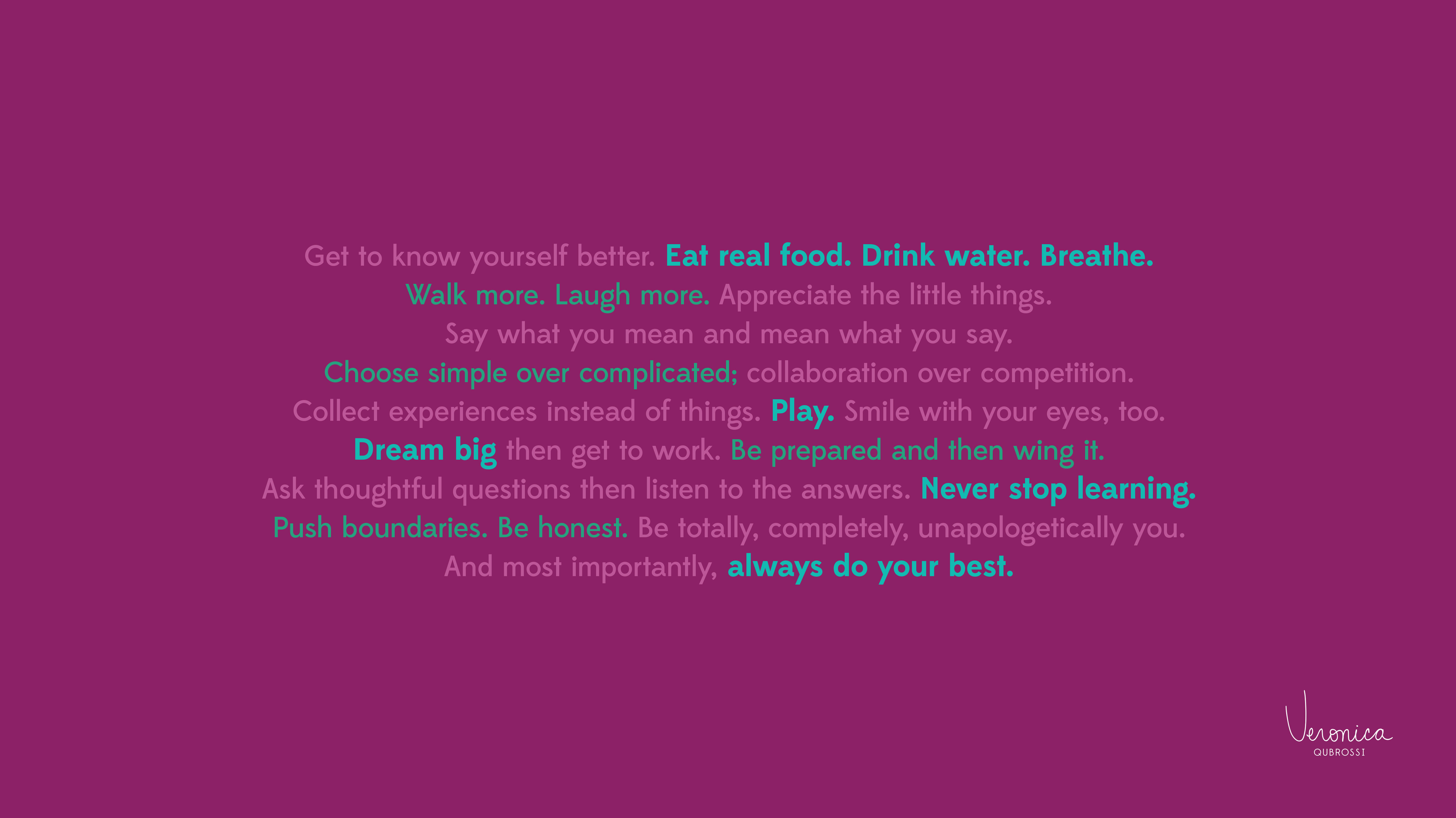

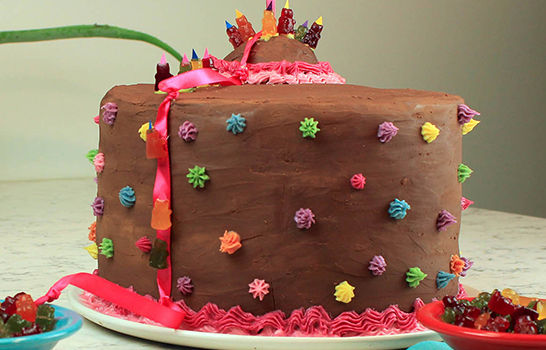
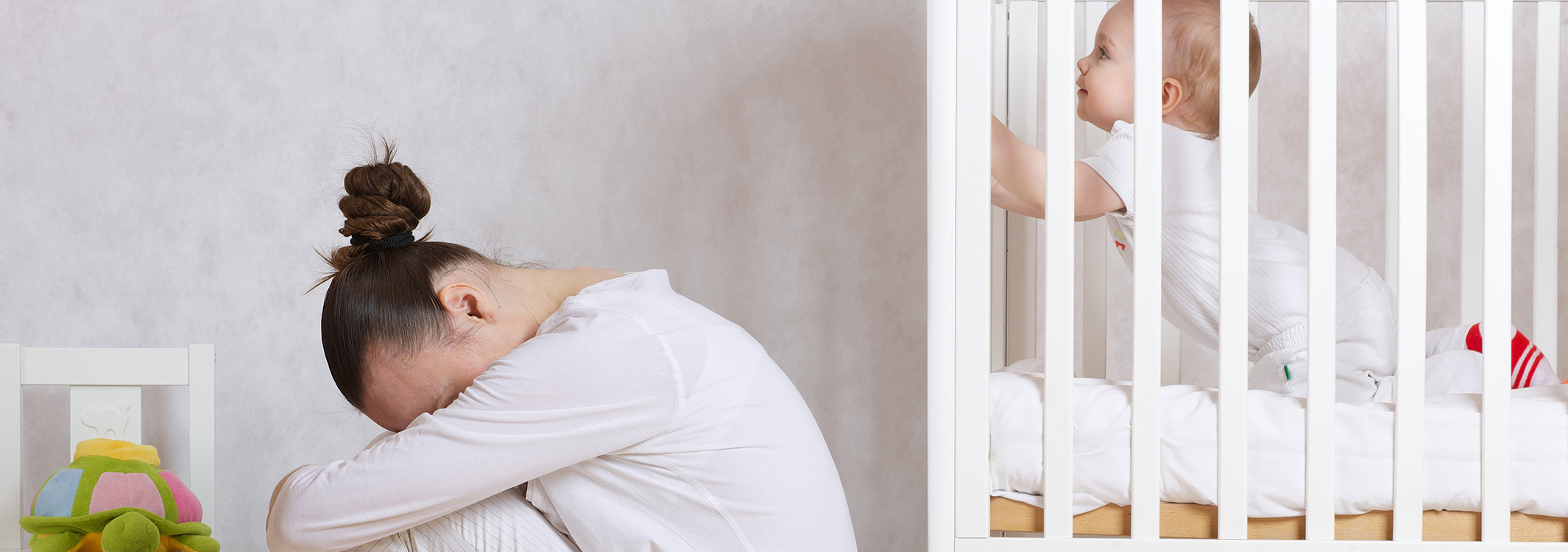
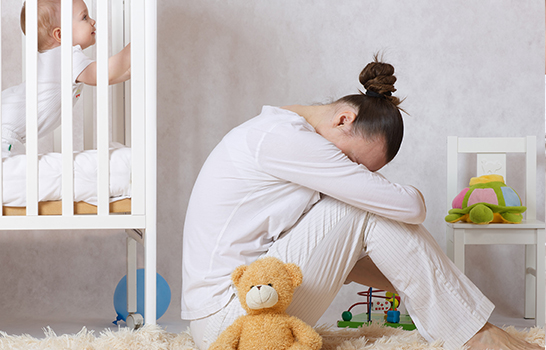
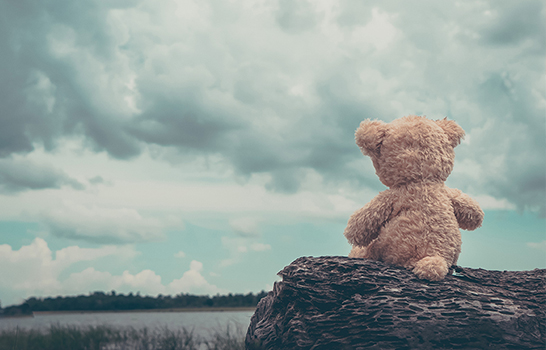
Leave a Reply